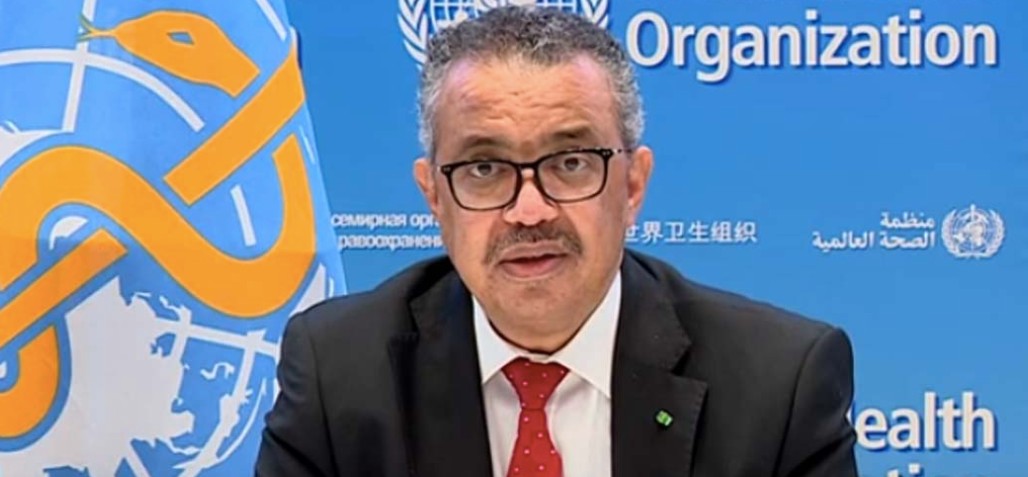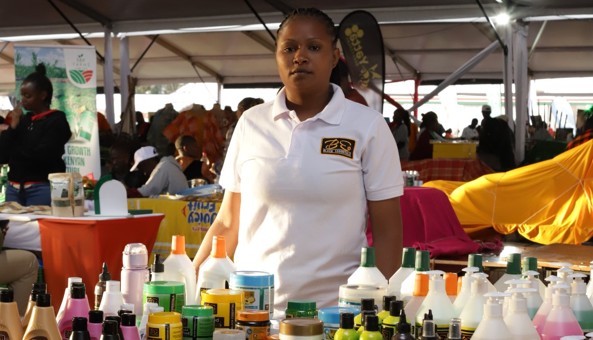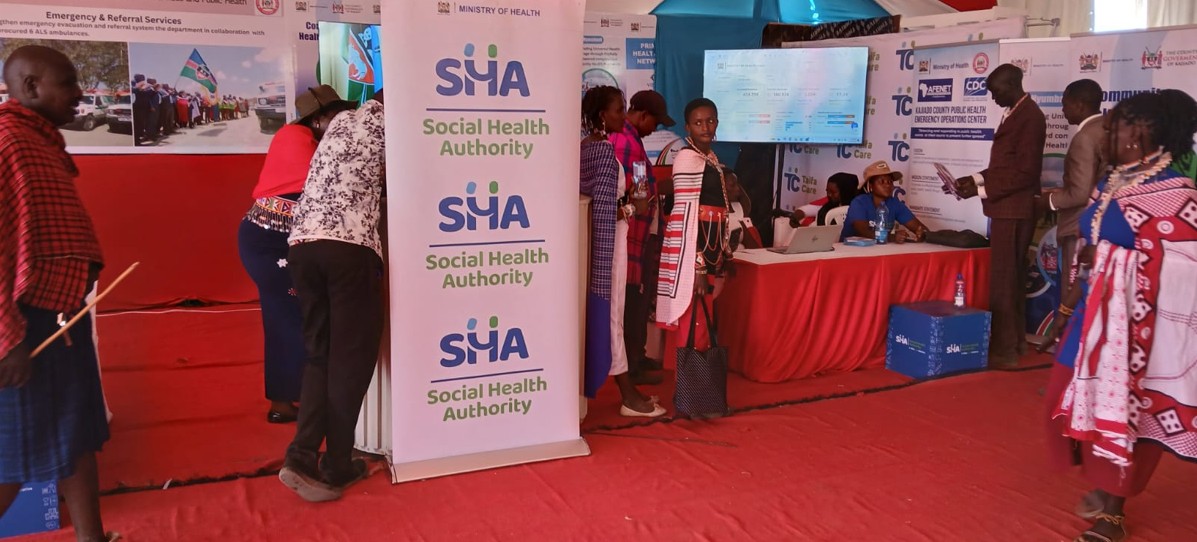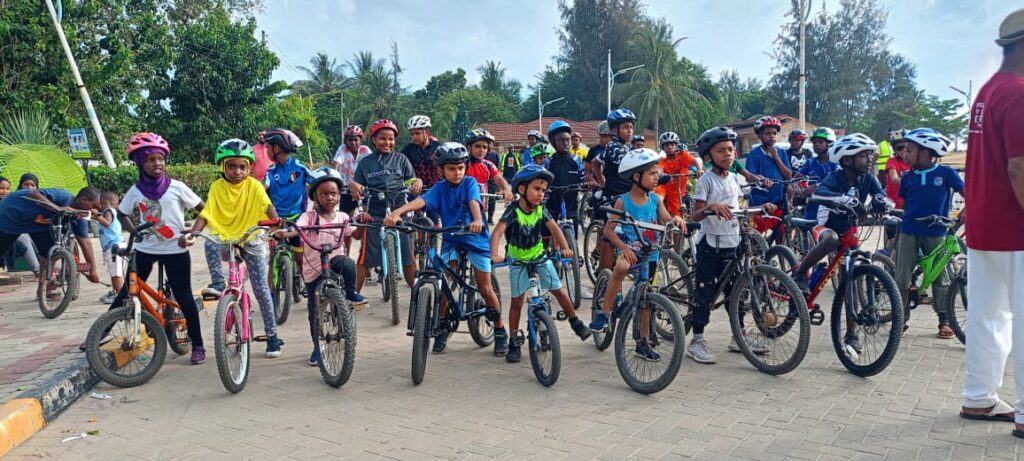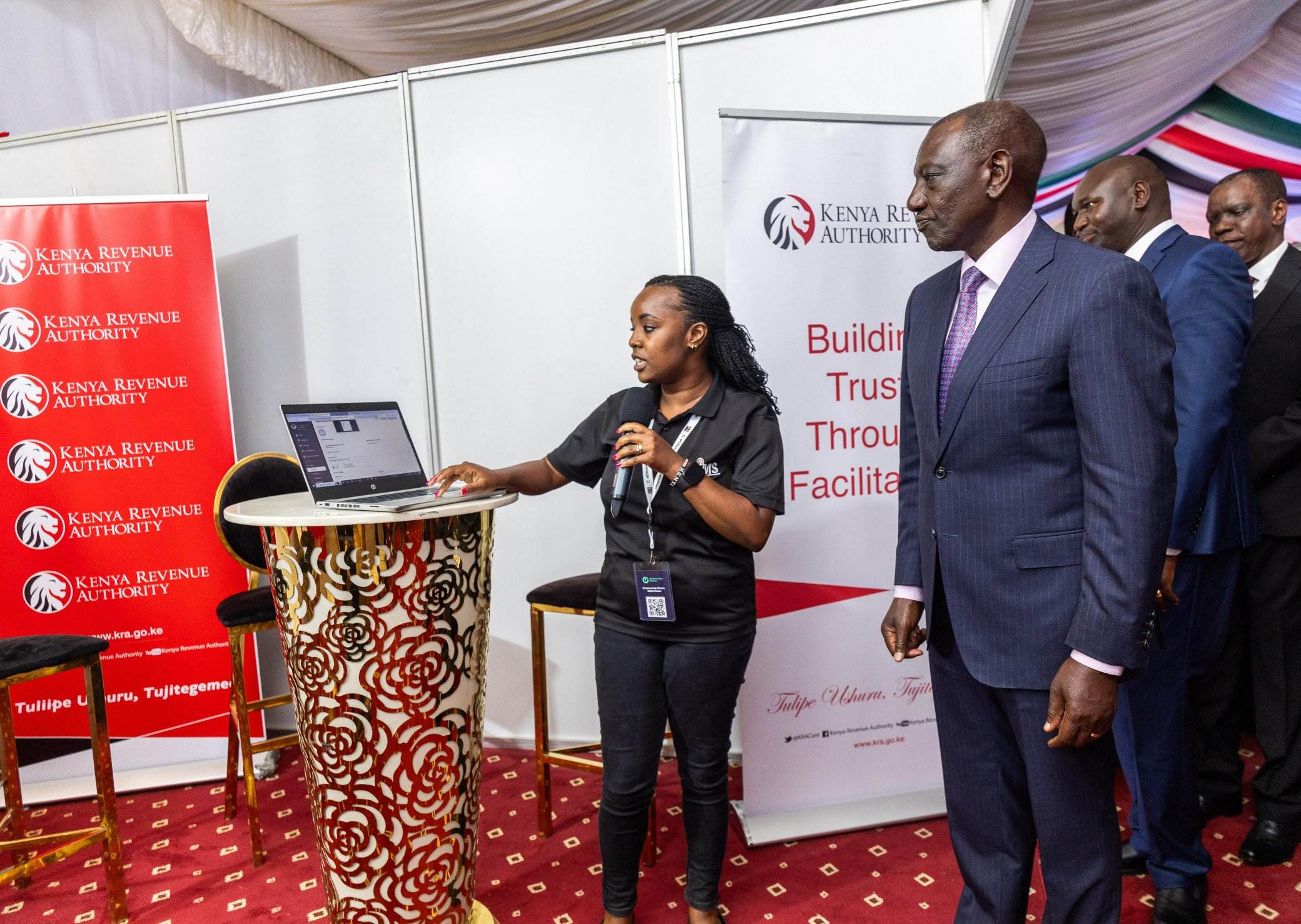Lamu fishermen laud establishement of new cold storage facility in Kiwayu
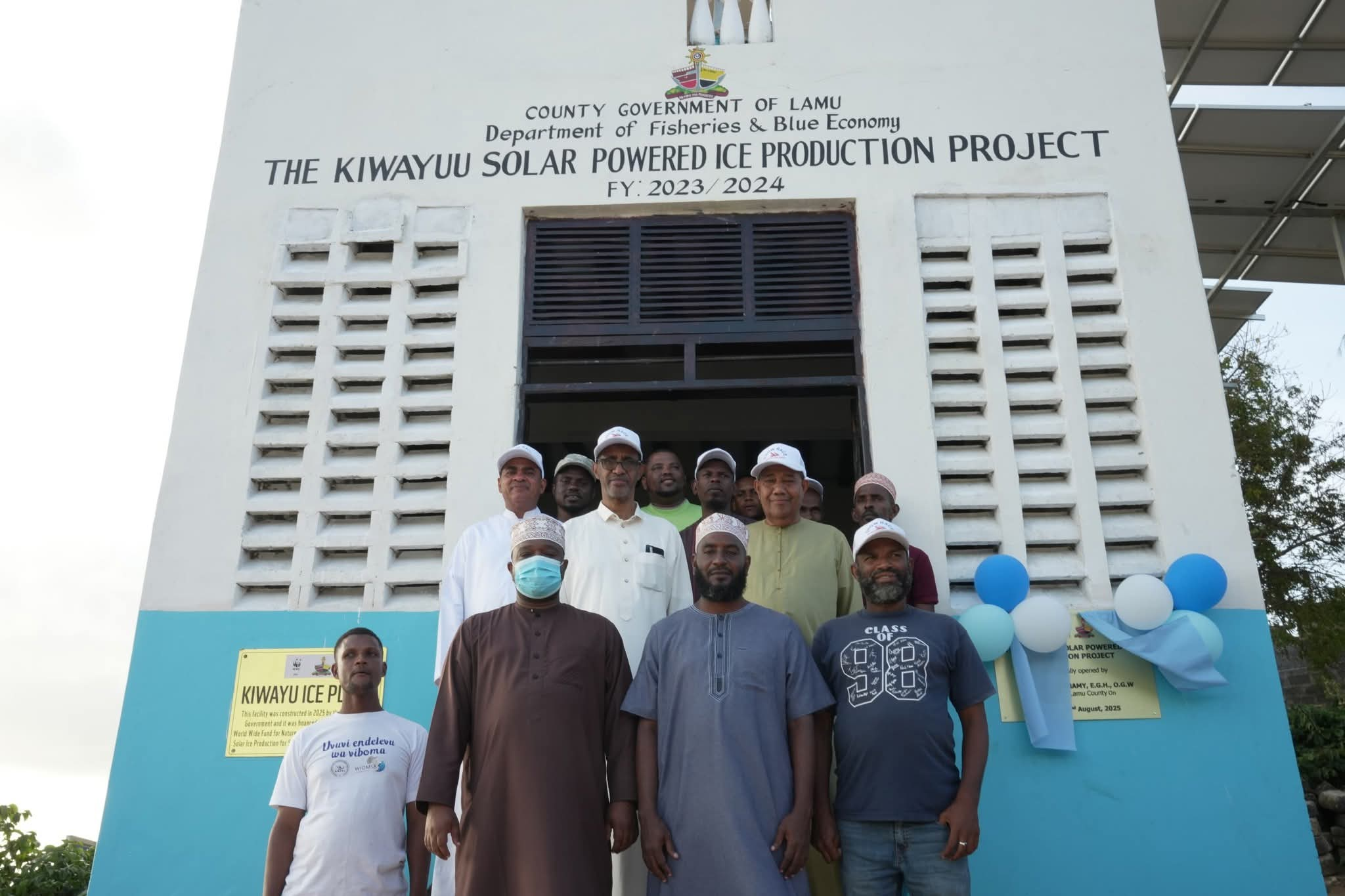
Until now, fishermen were forced to sell their catch within hours of landing it, often at throwaway prices dictated by middlemen. On many occasions, unsold fish rotted away.
Fisherfolk in Kiwayu, Lamu County, say the newly opened cold storage facility will end years of being forced to sell fish at low prices before it spoils.
Until now, the fishermen were forced to sell their catch within hours of landing it, often at throwaway prices dictated by middlemen. On many occasions, unsold fish rotted away.
More To Read
- Lamu nurses end 79-day strike after agreement with county government
- Lamu’s blue economy poised to soar as Kenya seeks bids for Sh2.5 million fishing boats
- Kiunga residents in Lamu raise concerns over weapon testing near homes
- Lamu becomes first county to introduce digital mental health training
- Contaminated water from River Kibos blamed for fish deaths at Dunga Beach
- Kenya’s fish output grows to Sh39 billion despite Lake Victoria slowdown
The new facility, locals say, offers them breathing space to bargain, plan and store their fish without fear of losses.
For Rashid Juma, who has spent more than two decades at sea, the change is almost surreal. He remembers nights when the rush to sell fish felt more like desperation than trade.
“We had no bargaining power. If you delayed, the fish would rot. Now at least we can hold on until we get a fair deal,” he said.
County officials have branded the cold room, launched in Kiunga Ward, as a game-changer for a sector that remains Lamu’s economic backbone.
Governor Issa Timamy, who led the opening, said the project was designed to improve livelihoods by linking fishing families to better markets.
But beyond policy pronouncements, the impact is deeply personal. Villagers recount how food was wasted even when households went hungry.
Kassim Shee, a father of five, admitted there were days he helplessly watched fish spoil. “We would sometimes lose nearly half our catch. Imagine throwing fish because it has gone bad, yet your children are hungry at home.”
Elders view the development as the end of a decades-long struggle. Since the 90s, fishermen, including 64-year-old Shosi Ali, have endured the frustration of watching their efforts go unrewarded. He calls the new facility a long-overdue breakthrough.
In the local market, traders, such as Zainab Omar, often face customer rejection over fish that show the slightest sign of spoilage. With refrigeration now available, she believes her business can finally grow.
The youth, many of whom have abandoned fishing for casual jobs in towns, are weighing a return. The facility, they say, could make fishing a viable career again, especially if it opens access to larger buyers.
Still, residents remain alert to the dangers of exclusion. “The cold room must be managed transparently to benefit everyone, not just a select few,” said Amina Mzee.
Top Stories Today
